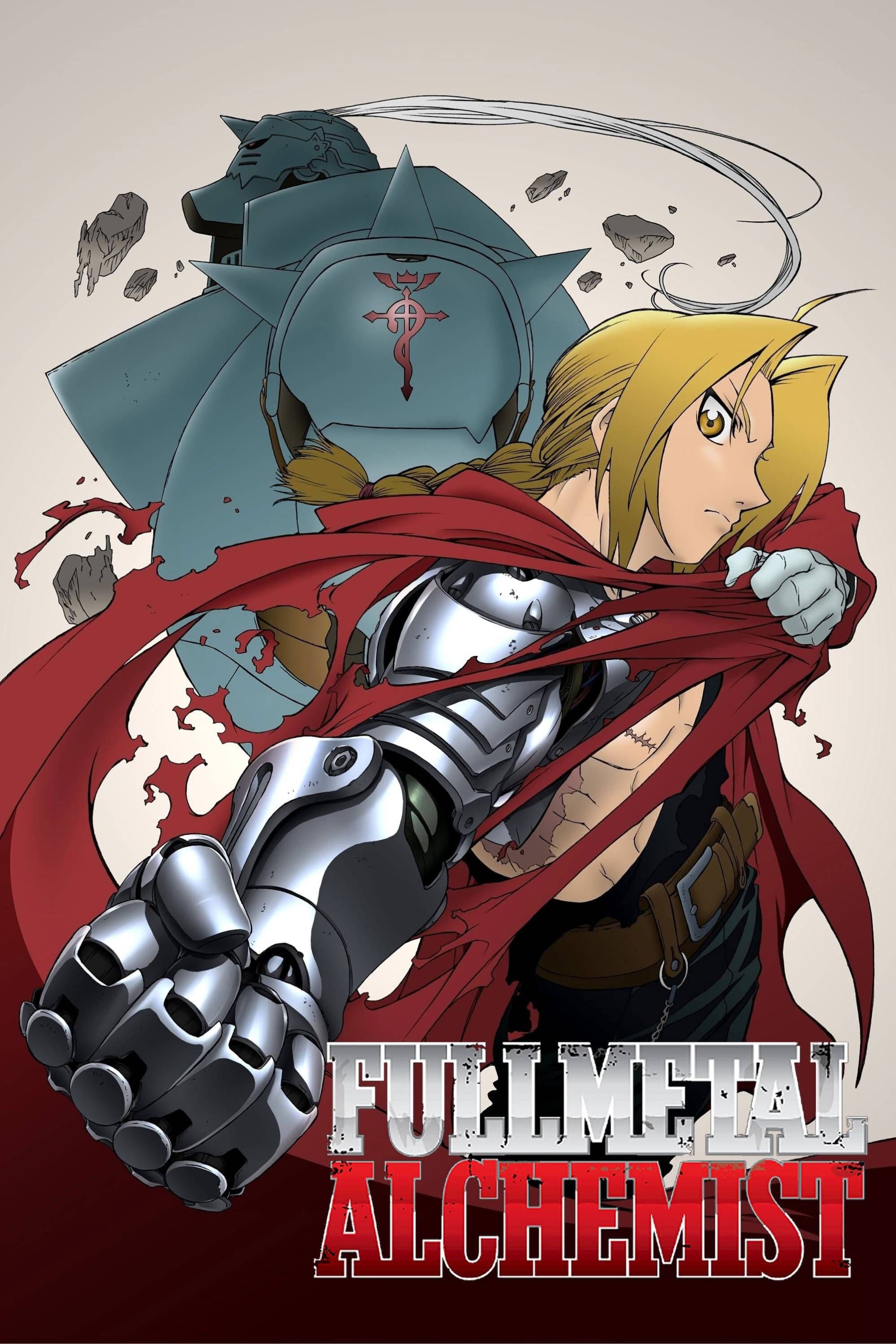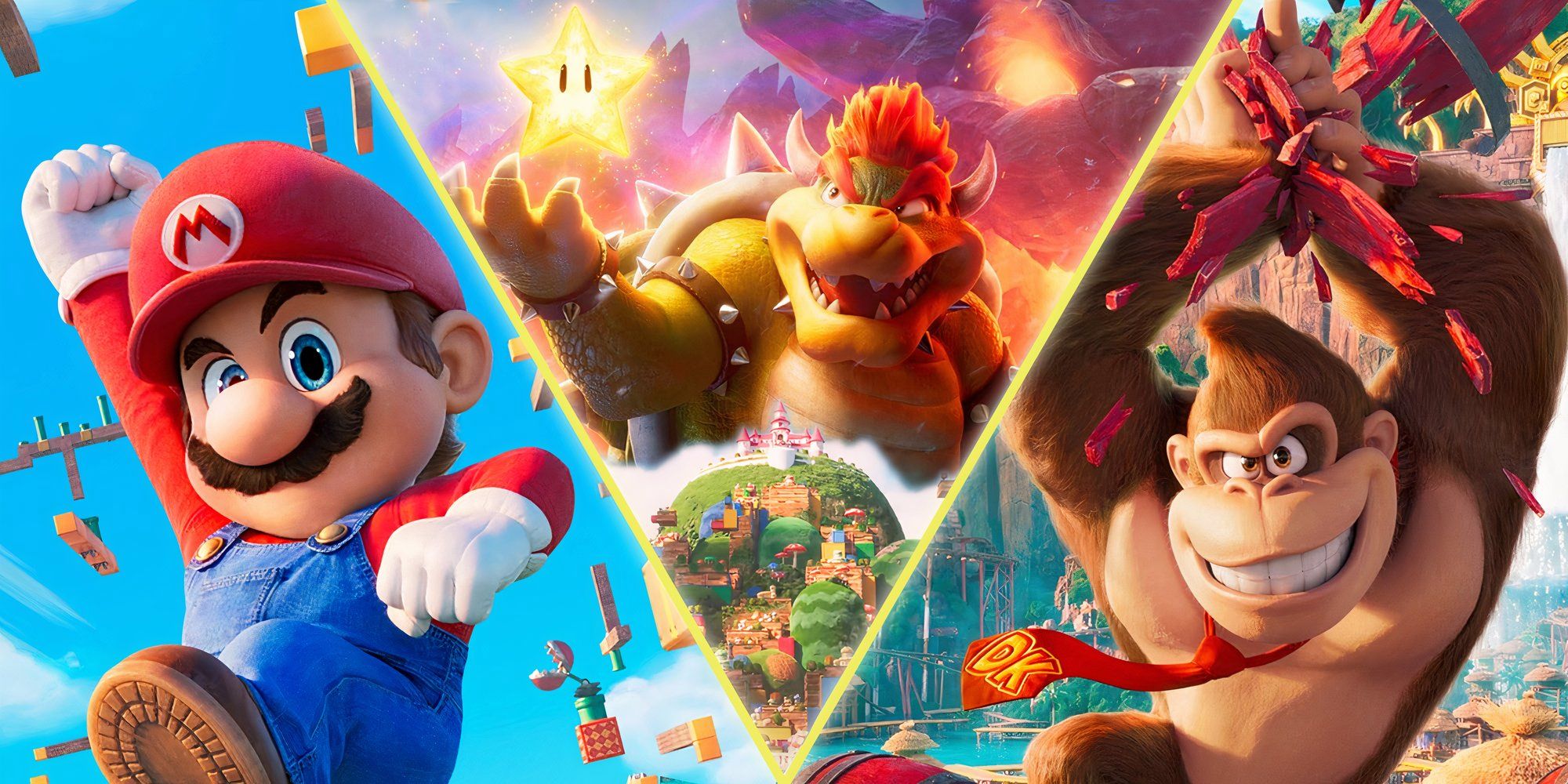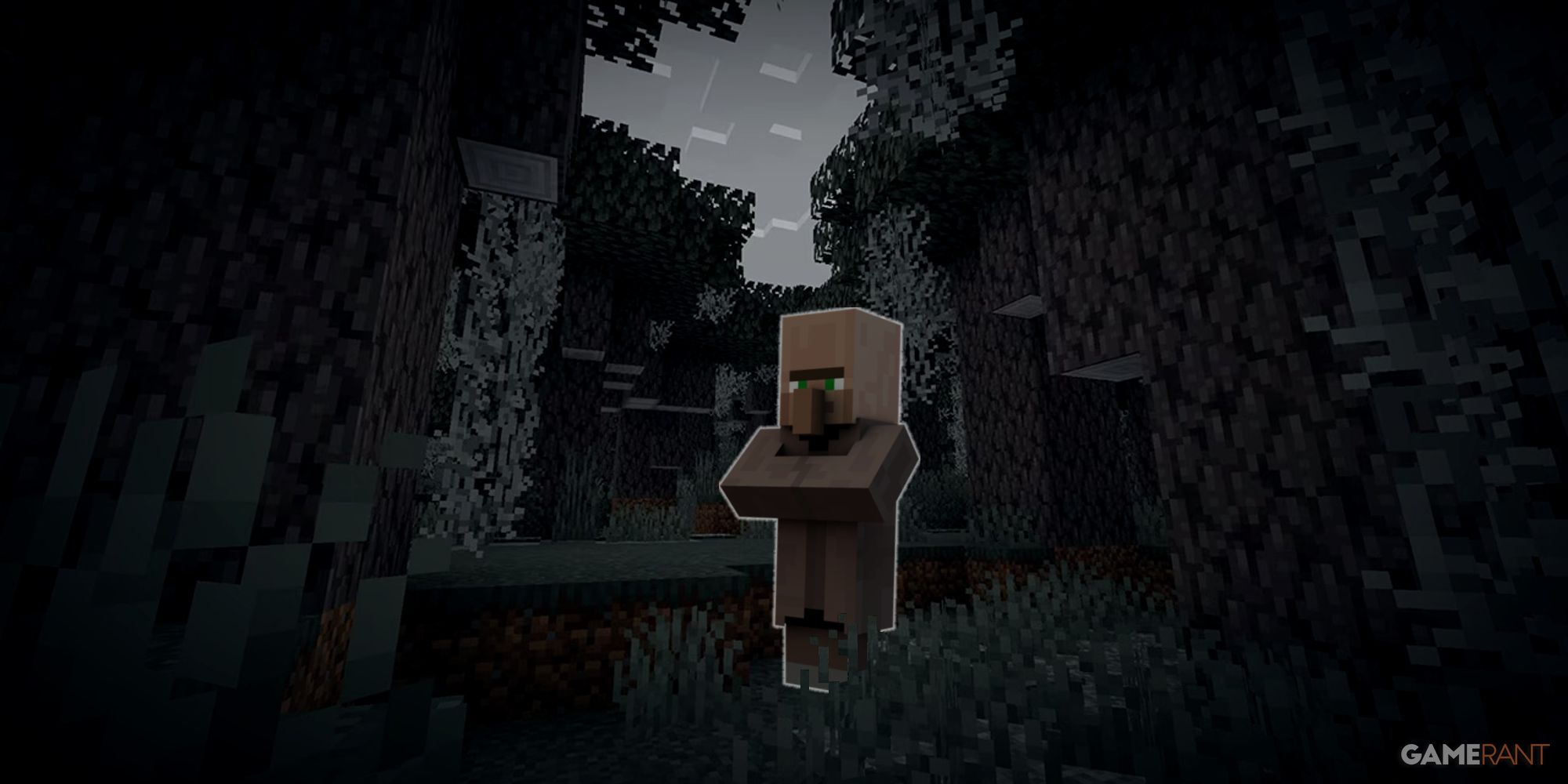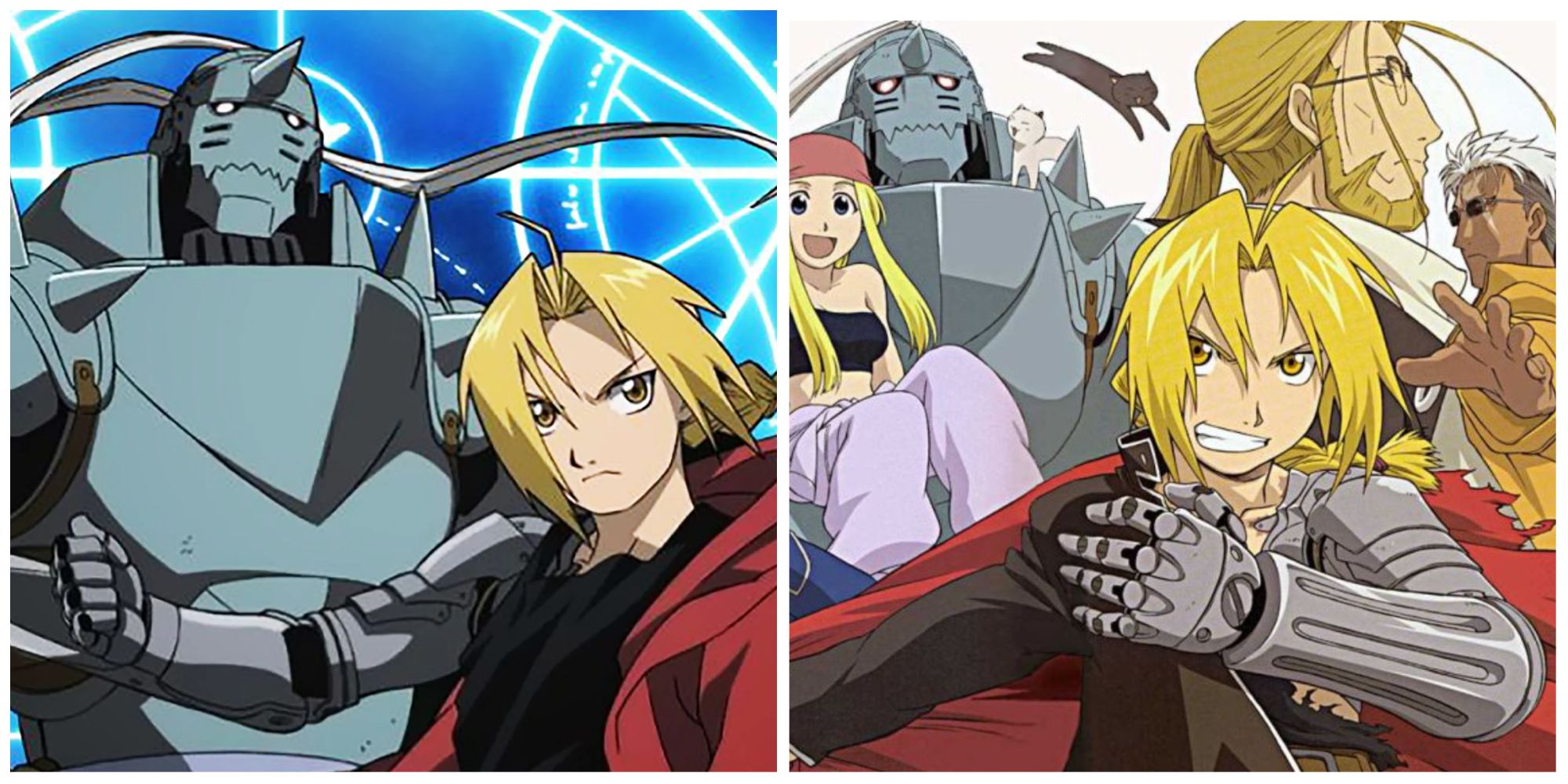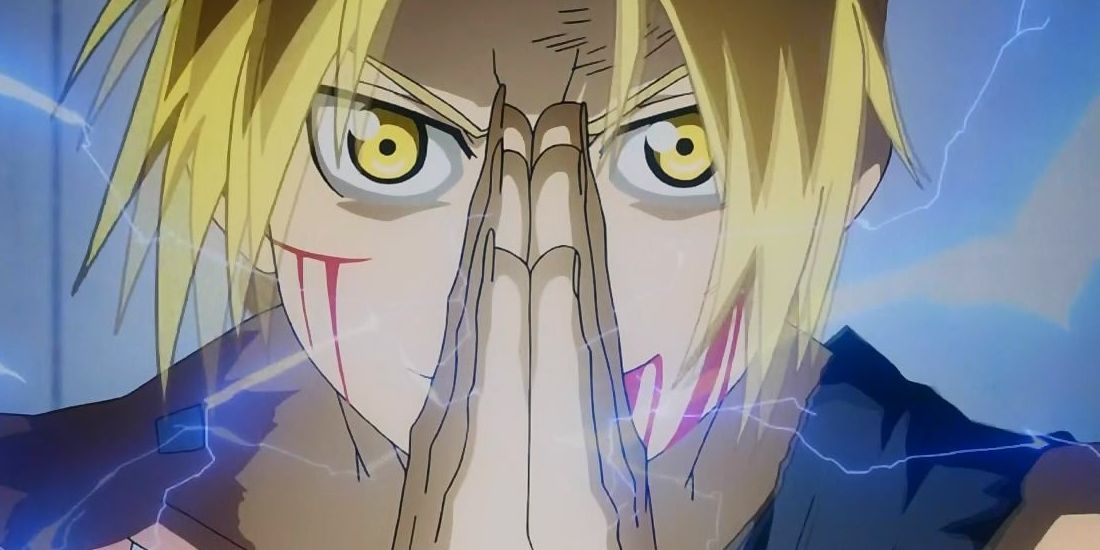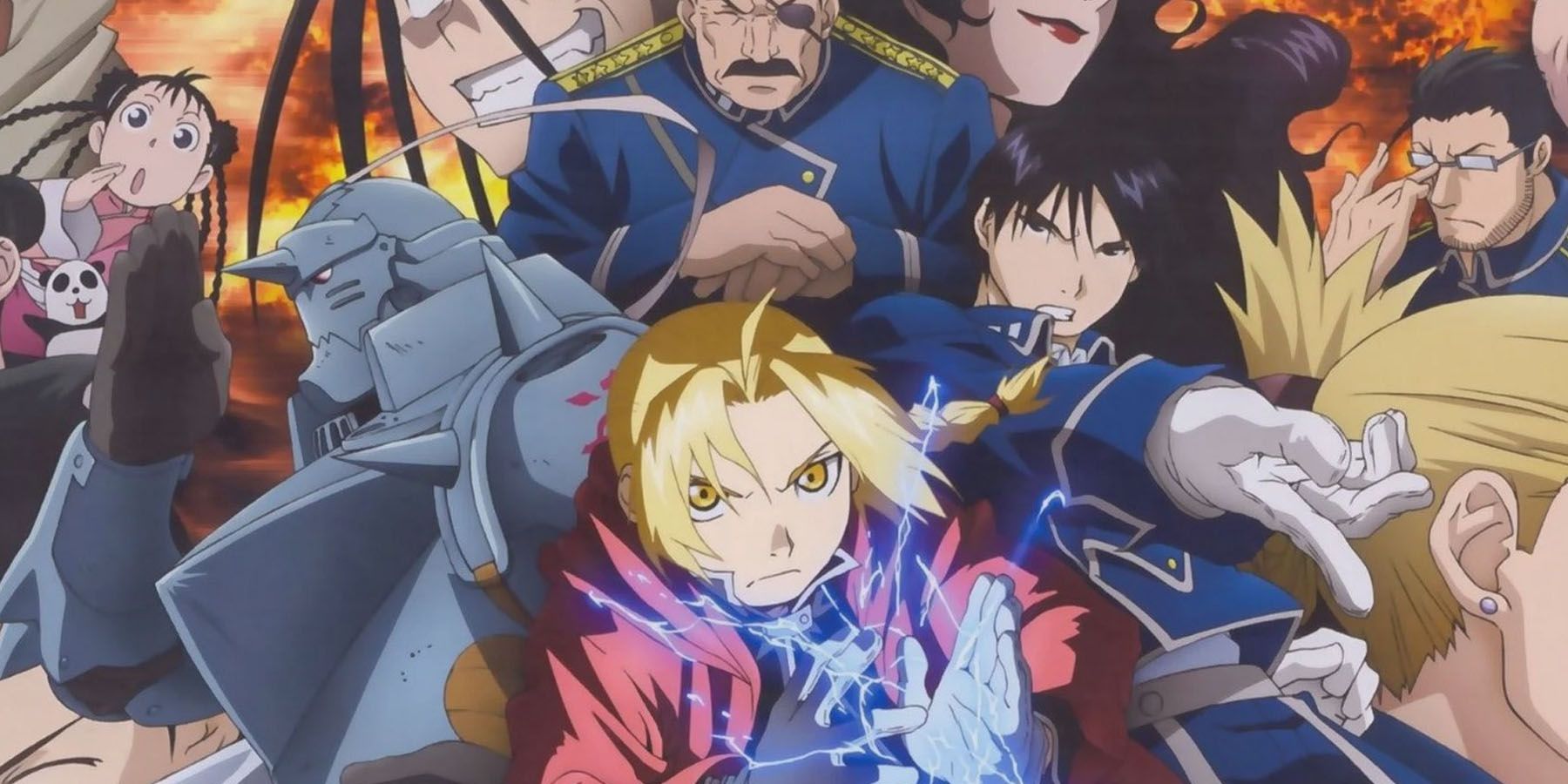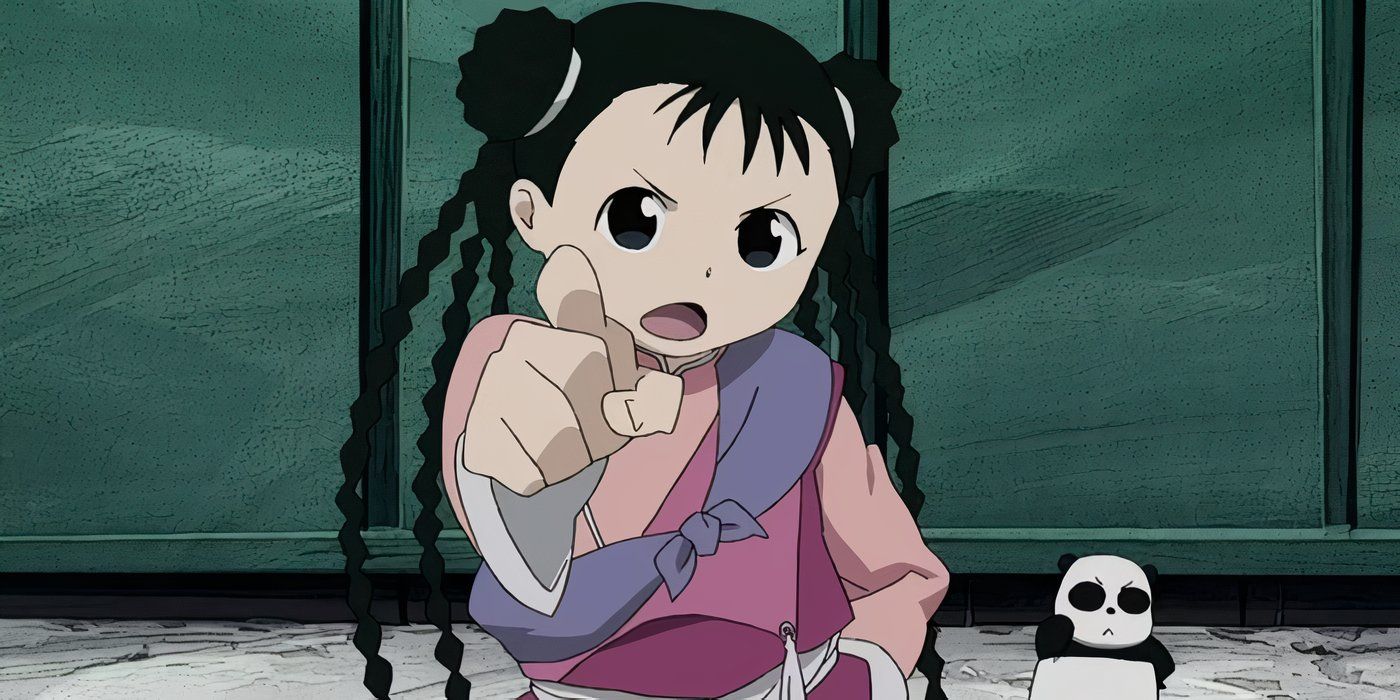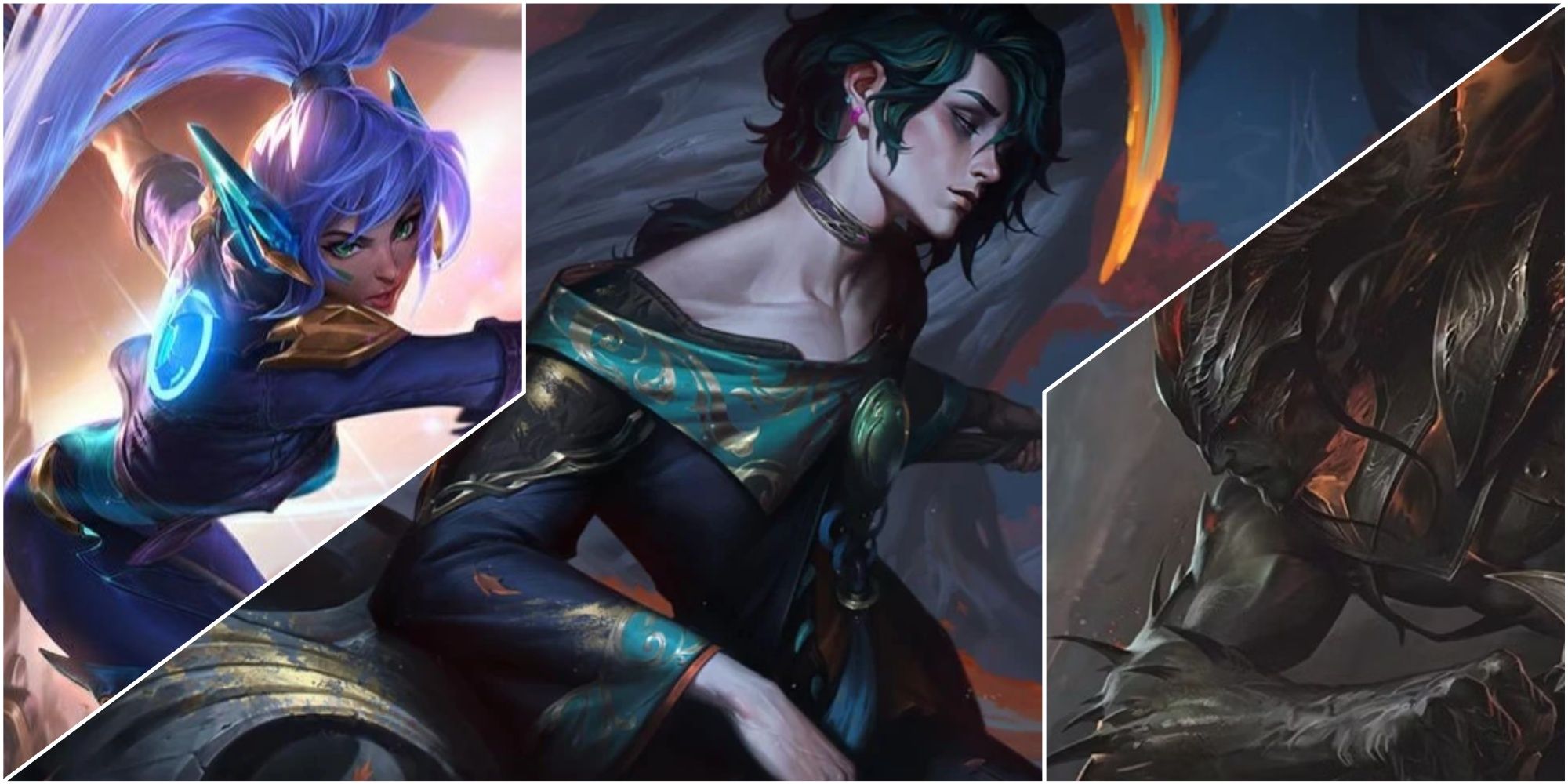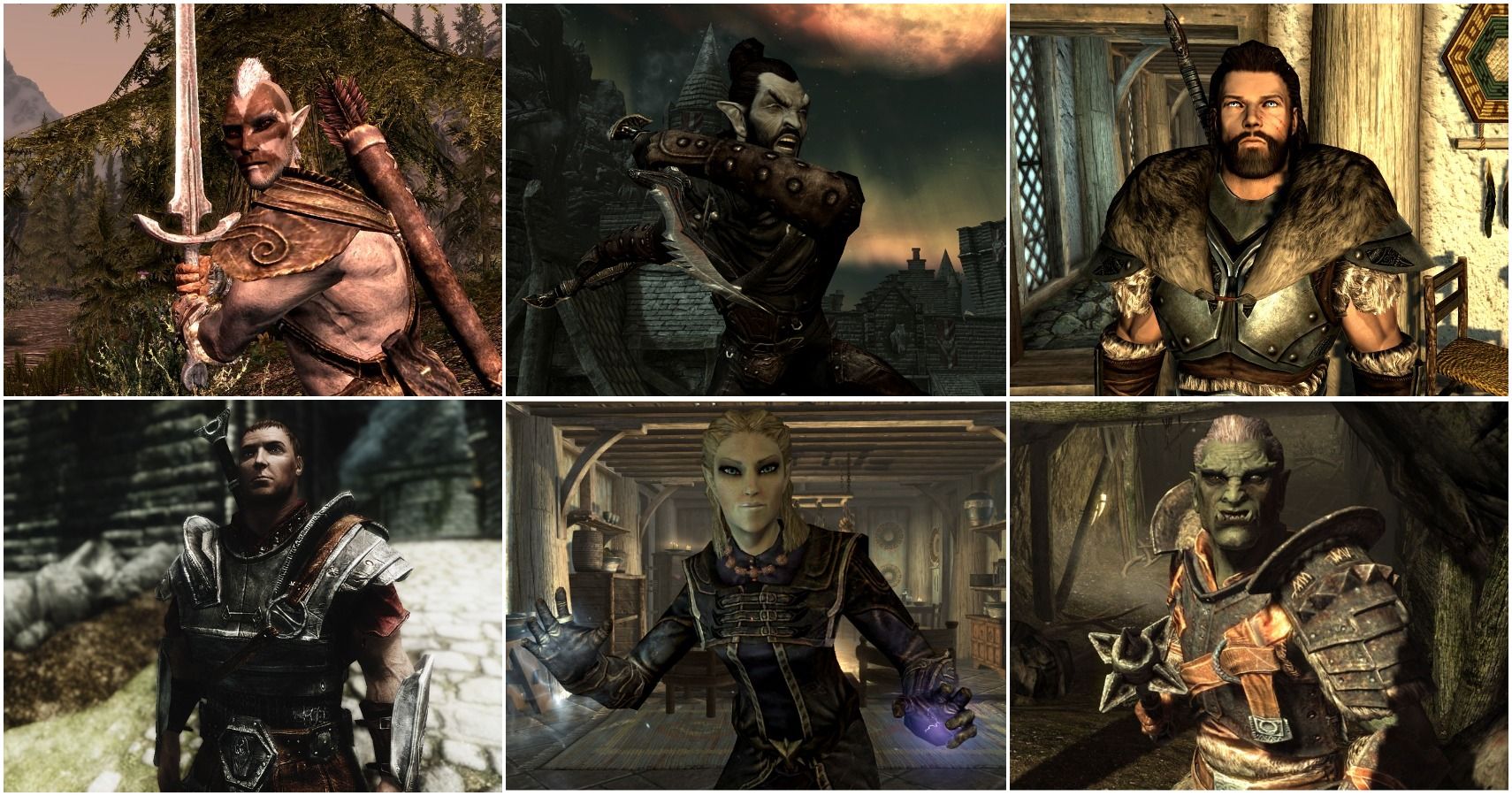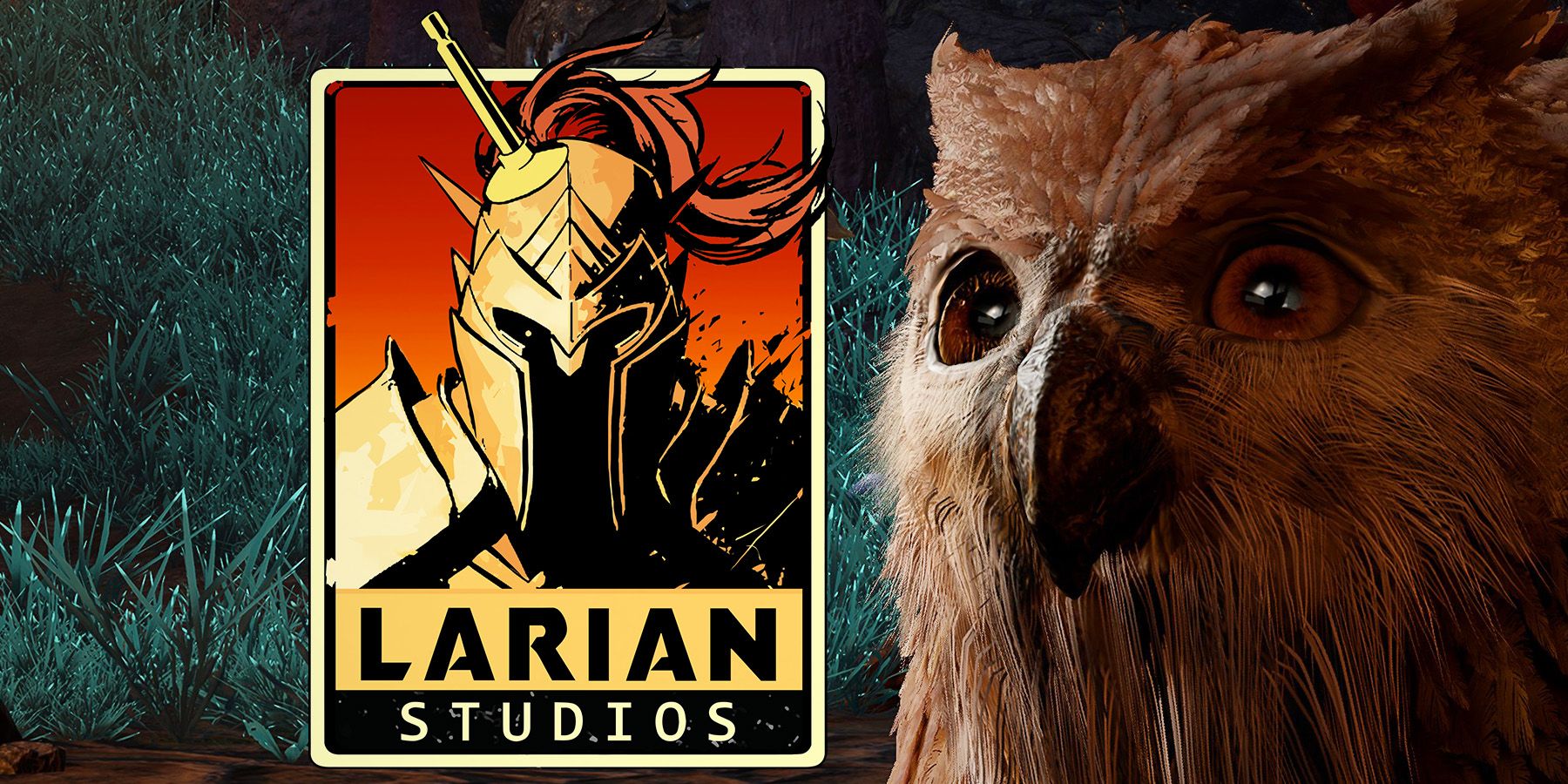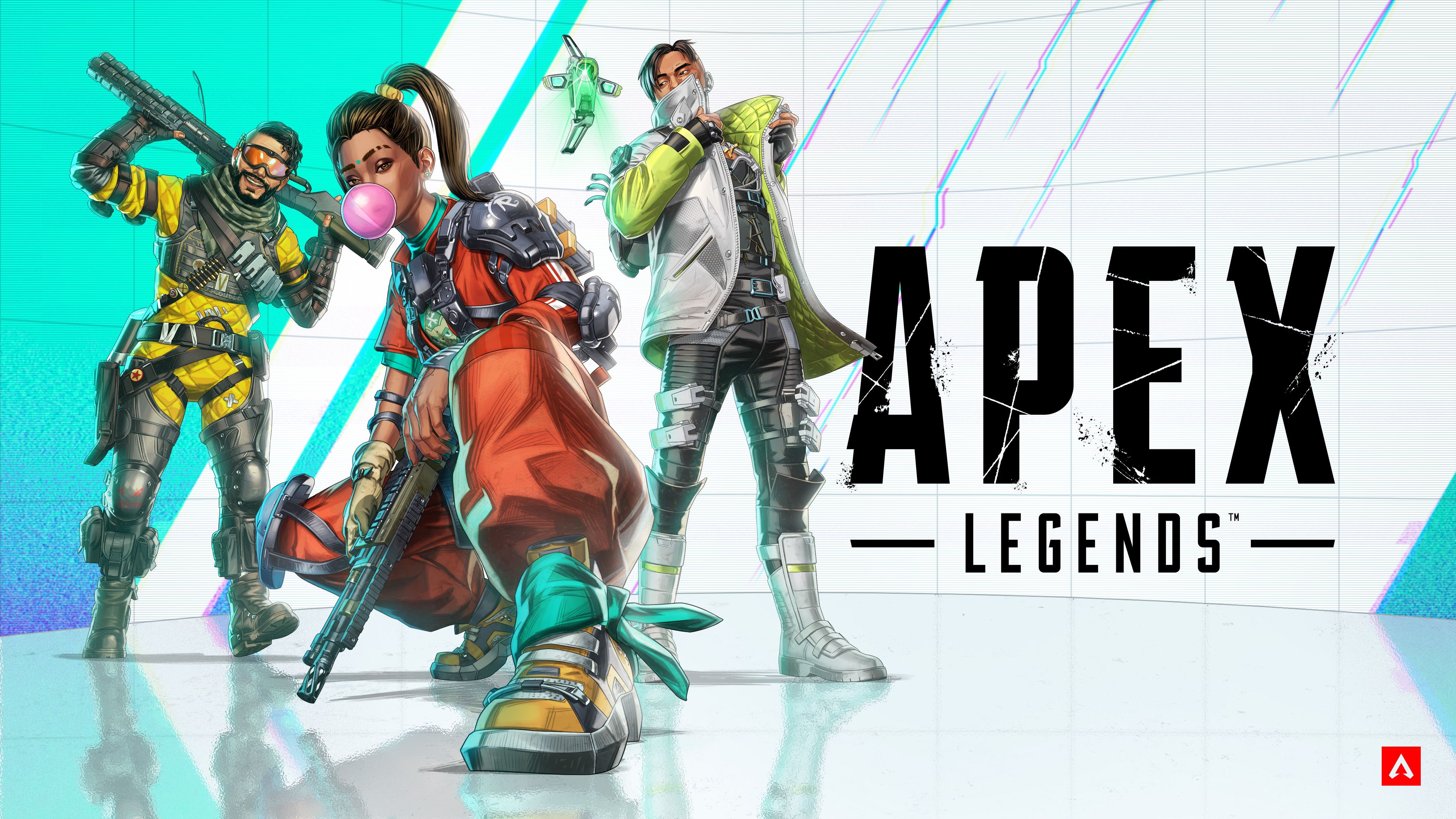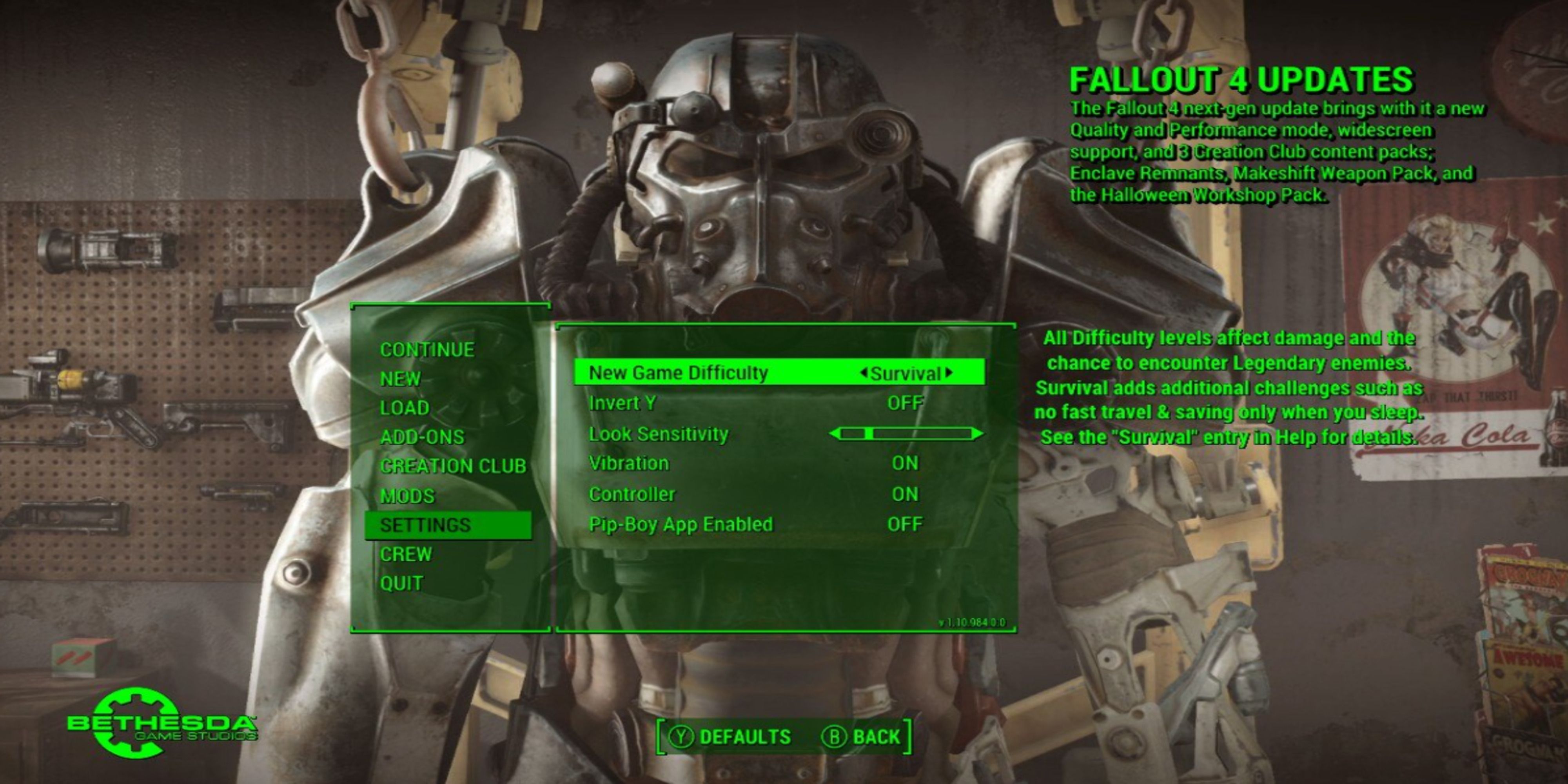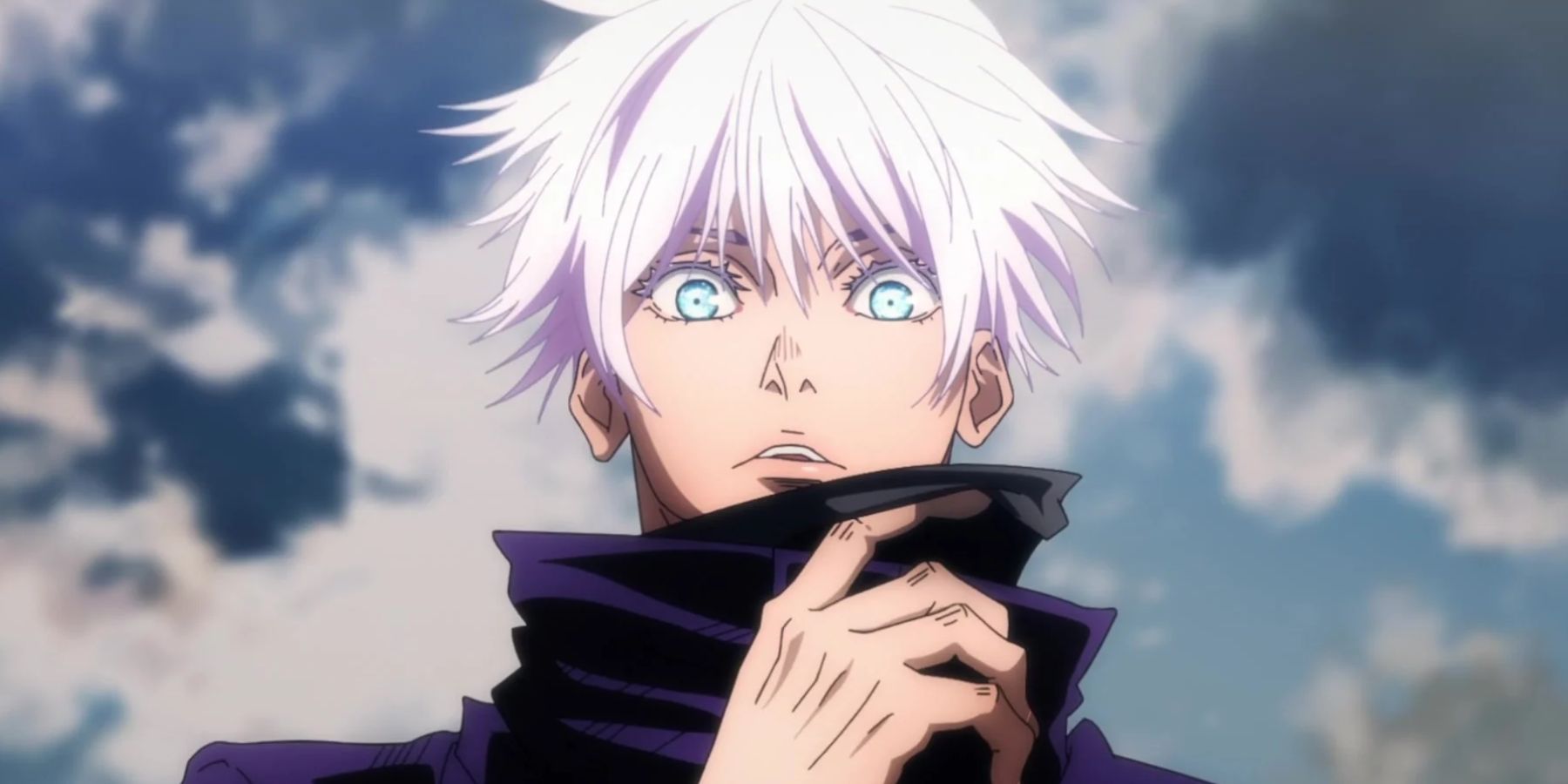Highlights
- Fullmetal Alchemist: Brotherhood is a canon-accurate adaptation that improves upon the original with superior visuals and faithful storytelling.
- The original 2003 anime deviated from the source material, leading to a unique story but lacked in character development compared to Brotherhood.
- Both iterations have their merits, with the original focusing on world-building and exploration, while Brotherhood breathes life into Arakawa’s vision.
As fans of the anime medium, Hiromu Arakawa’s magnum opus (pun intended), Fullmetal Alchemist: Brotherhood, is famous in part as the anime that has spent several years at the very top of the MyAnimeList rankings. The Fullmetal Alchemist story has been turned into an anime twice, with the aforementioned Brotherhood being so highly regarded and critically acclaimed that it has become synonymous with successful, high-quality reboots of anime titles that greatly improve upon the failures of the original.
“Give X the Brotherhood treatment,” is a statement loaded with the reality of anime fans’ immense level of love for Fullmetal Alchemist: Brotherhood; however, is it really THAT much better than the 2003 anime?
RELATED
Does Fullmetal Alchemist Brotherhood Still Deserve To Be #1?
Fullmetal Alchemist Brotherhood is one of the most acclaimed anime of all time, but is it time for something new to take the top spot?
What Are The Fundamental Differences?
Canon vs Non-Canon
Aside from the obvious immense visual improvements from the original Fullmetal Alchemist. Both the original and Brotherhood were produced by Bones, a studio known for animating a number of heavy-hitters, both immensely popular and the obscure. Fullmetal Alchemist 2003 was directed by Seiji Mizushima, with scripts by Shō Aikawa, and had Masahiko Minami, Hirō Maruyama and Ryo Ōyama serving as producers.
The major difference between the original FMA and Brotherhood lies in an aspect of the anime-watching experience that is no longer as prevalent: the adaptation of an anime before the source material has established enough of a head-start or completed its run. Anime production has since become a lot more concerned with faithful adaptation, especially with more lucrative IPs. However, years ago, adaptations like the original Fullmetal Alchemist, were a lot more commonplace. When such an adaptation caught up to the story told by the source material, they would often have filler episodes (or entire arcs) made up of anime-only stories.
In the case of Hiromu Arakawa’s Fullmetal Alchemist, the 2004 anime was faithful up to just after the tragic death of Maes Hughes, after which the story followed an original trajectory which saw Van Hohenheim’s anime-only lover, a woman named Dante, serve as the overarching antagonist. Brotherhood, on the other hand, aired after the conclusion of the manga, and therefore became the canon-accurate adaptation of the series.
Fullmetal Alchemist: Brotherhood was also produced by Bones, and had a number of staff changes but maintained a decent number of individuals who had worked on the 2003 series, like director Yasuhiro Irie, who was an episode director in the 2003 version, and character designer Hiroki Kanno, who was an animation director of eight episodes of the original Fullmetal Alchemist. In the case of the original anime, which ran for 51 episodes compared to Brotherhood’s 64, Arakawa requested staff at Bones to work independently of her, although she was still involved in the production as a consultant and with the storyline, praising Bones’ interpretation of the Homunculi and their attempt to consider the origins of the villains.
|
Fullmetal Alchemist | Fullmetal Alchemist Brotherhood |
|
|
Episode Count |
51 | 64 |
|
Studio |
Bones |
|
Director |
Seiji Mizushima | Yasuhiro Irie |
Does Canon Always Mean Better?
A Matter of Perspective, Or Fact?
For the countless anime fans who have had to sit through rather disappointing or incomplete adaptations of some of their favorite stories, the idea that a faithful adaptation is always better is a no-brainer. An author is more likely to have a better sense of the story than an outsider or a company that has far more complex intentions for acquiring the rights to produce a certain title. Be it money, retention of a good time slot, or simply the belief that a work could be better if it undergoes certain changes, the reasons for deviation from a set story can vary and have a vast range of possible outcomes.
In the case of Fullmetal Alchemist, the original, while following its own path, set out to achieve something completely different with its story. A major criticism of this original anime is that it lacks in character development and its themes are drowned out in excessive sentimentality; however, it can also be said that it took more time to get the audience acquainted with the cast and their motivations. Some of the original series’ most significant early moments are fleshed out a lot more than Brotherhood, with the reboot rushing through the parts that its predecessor already covered. For example, *that* incident was far more heinous and tragic in the original because the audience (and the Elric brothers) spend much more time with Shou Tucker’s family.
Tucker’s eventual sin is so much darker in the original, and Nina’s life ends when she comes across Scar, who takes pity on her. Edward discovers her remains, de-constructed by alchemy, and the episode ends as Edward sobs. While a lot of people engage with source material like manga or light novels long before an anime adaptation, there’s also a large part of the fandom of any series that is introduced to it via the anime adaptation.
These fans generally won’t know when an anime series deviates from the source material, so whether the story is better or worse off as an adaptation is not something that will matter until it does. That being said; however, the vast majority of people who have seen both the original adaptation of Fullmetal Alchemist and Brotherhood generally favour the latter, and the big difference lies in the inherent value and quality of Arakawa’s work as an author. With an adaptation that more closely follows Arakawa’s vision for the series, and superior visual quality, Brotherhood is often considered the better one; however, both iterations of the Fullmetal Alchemist story are successful in their own right.
Building A World Vs Breathing Life Into It
A Difference In Intent
One thing about the original and its crop of original stories and characters is that it felt like it aimed to flesh out the world of Fullmetal Alchemist and does so effectively that Brotherhood speeds through some of the common points faster than the original did, because it leans on the understanding that a large part of the audience has engaged with this part of the narrative before, and spends more time on that which the original audience has not seen. With both iterations being produced by the same studio, the decision to fast-track the content common to both makes a lot of sense, as there was a lot of value in the way the original explored these stories and scenes, especially with the various side characters, stories and forms of alchemy that are seen in the original Fullmetal Alchemist.
The original was more concerned with the construction of the Fullmetal Alchemist world, and had a certain curiosity about the story that’s most likely related to the fact that the true endgame and character trajectories in the original story were not known to the production team at the time. Fullmetal Alchemist: Brotherhood on the other hand, was more concerned with breathing life into the story written by Arakawa, with focus on the lore as intended, and the iteration that one prefers will likely depend on their opinion on what an anime adaptation should set out to do.
